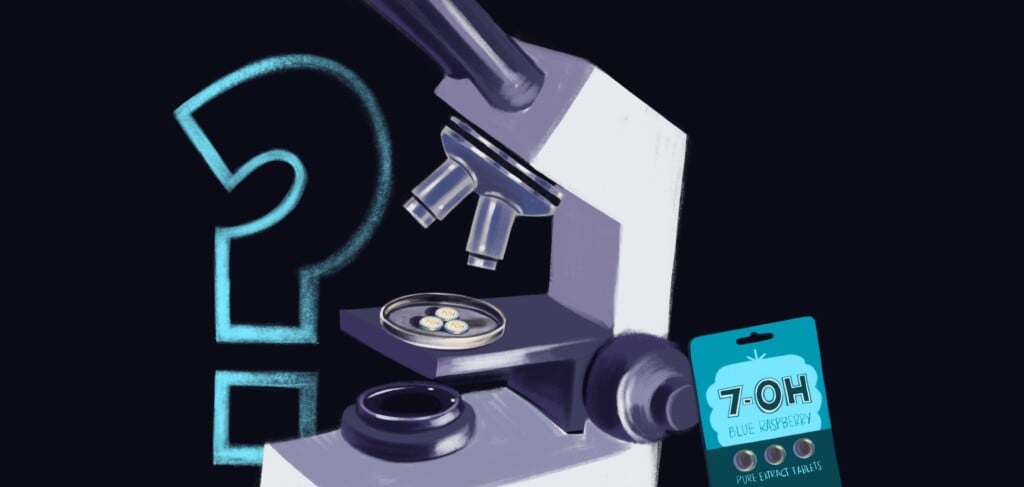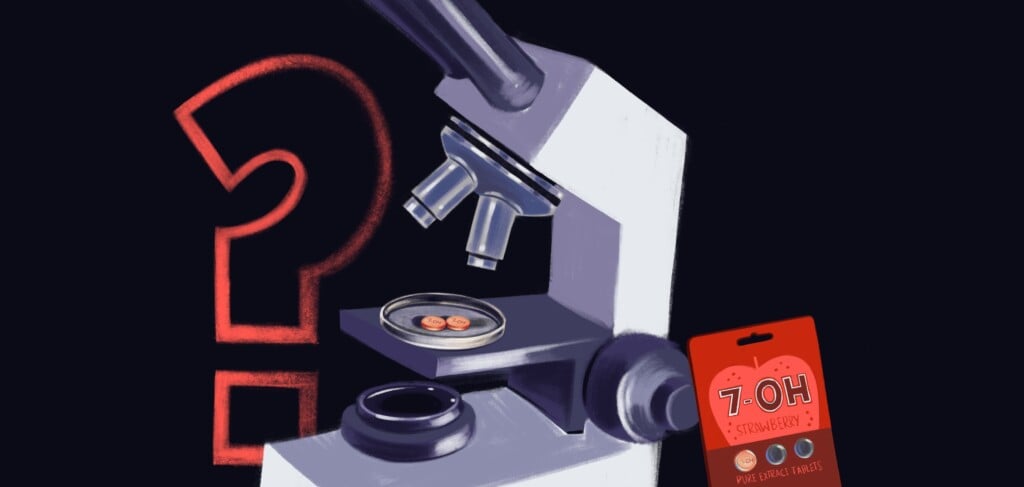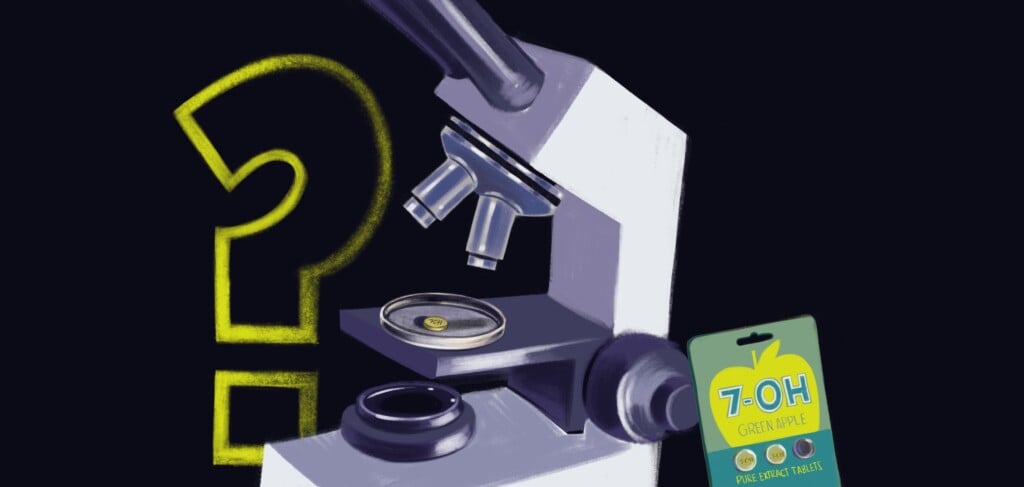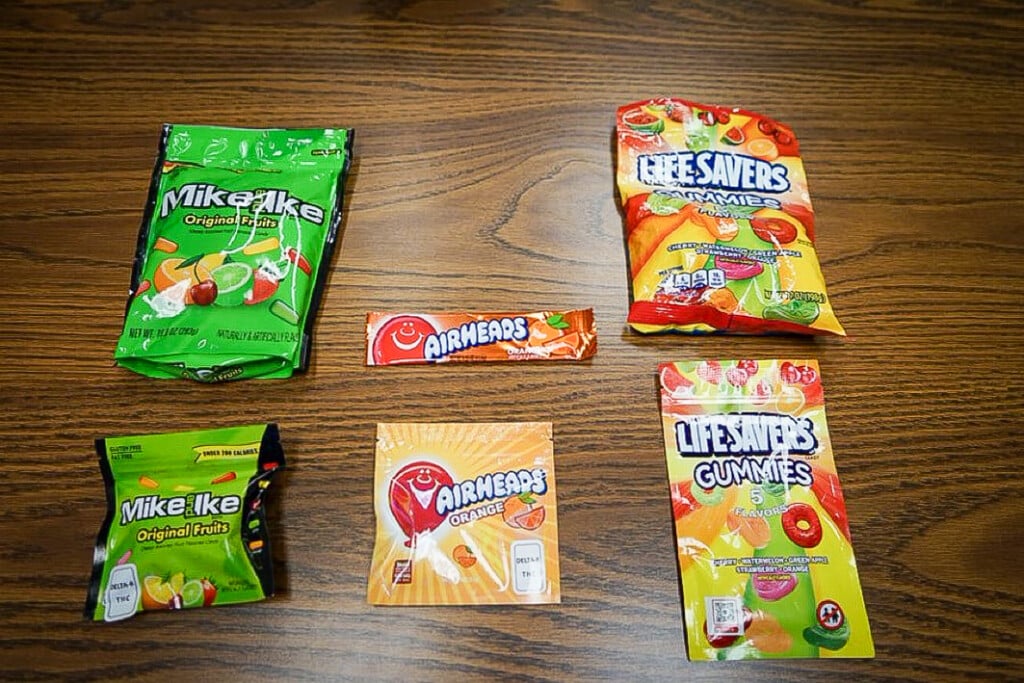B.B. King
B.B. King (pictured) once said “the blues is an expression of anger against shame and humiliation.” But all too often, misguided souls dilute the potency of the blues while attempting to sanitize the music’s identity. King has become a touchstone for artists seeking to identify themselves not only with the roots of the Memphis blues but also with its still-beating heart and sizeable soul. King’s personal journey as an artist mirrors the dissemination of this unique American art, from the street corners of Memphis and the endless backroads of the Deep South’s “Chitlin Circuit” of dusty dives and juke joints to sports arenas and the courtly concert halls of Europe. Meanwhile, artists such as U2, Eric Clapton, the Rolling Stones, Bonnie Raitt, Willie Nelson and others have shared the stage with King in hopes of gaining insight into not only the secret of his longevity but also his gift for belting the blues like few others. While King enjoys a blissful — and at times disconcerting — sense of cultural currency, Bobby “Blue” Bland has faded from mainstream consciousness since the ’70s. Yet Bland still deserves respect as one of the vocalists responsible for bridging the gap between the rough-and-tumble traditional roots of the blues and the politely polished sounds of R&B. Whether he’s singing the gospel truth of “Yield Not to Temptation” or crying out about those “Stormy Monday Blues,” Bland’s magnificent sound, now tempered by the passage of time, continues to strike a chord among fans, command respect among his peers and invite imitation by those up-and-comers hoping to understand the mystique he wields for sculpting any song into a deeply personal plea. No strangers to sharing the stage with each other, King and Bland have also shared many memorable career milestones, from their meager beginnings as two of the founding members of Memphis’ legendary Beale Streeters in the early ’50s to their landmark recording collaborations of the mid-’70s. This sense of familiarity, bred by decades of friendship, moves beyond simple chemistry to resonate in what can only be described as the closer kinship of the blues.




